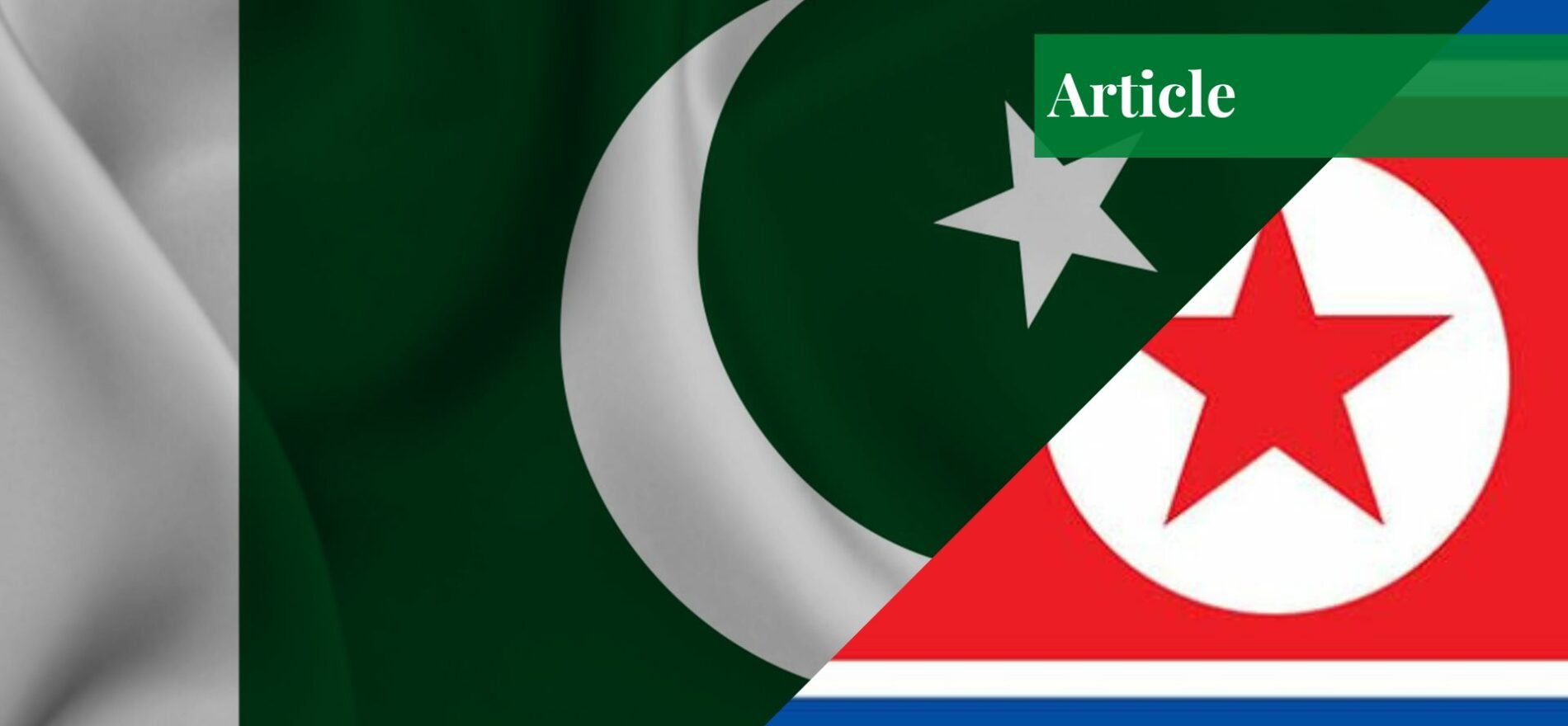A Recap of the Korean Peninsula’s History
The Democratic People’s Republic of Korea was formed in 1948; the social state aligned itself with the Soviet Union while forming the 38th parallel line at the end of WW2 between its western liberal neighbor South Korea. Prior to becoming independent nations as North Korea and South Korea, the Korean peninsula had a colonial history with Japan annexing the state in 1910.
At the hands of the Japanese military regime, Koreans experienced vicious suppression. It wasn’t until 1945, upon the defeat of Japanese forces, and what was meant to be a temporary line of division that North Korea was able to develop its communist regime under the leadership of Kim Il-Sung.
The outbreak of the Korean War in 1950 declared the area as a heavily armed yet Demilitarized Zone (DMZ). After years of turbulence, Kim Il-Sung would rule upon the state with an iron hand up until his demise creating a cult-like personality and following and presenting himself as the “Great Leader”.
State Visits
While Pakistan is speculated to be a significant contributor to North Korea’s nuclear advancements, it wasn’t until the 1970s that Pakistan and North Korea were able to establish diplomatic relations; a relationship that has been a matter of contention and scrutiny from the Western world for decades.
Kicking off with a 10-day visit in 1971, Pakistan hosted a North Korean delegation that led to the signing of a barter trade agreement during September, in which Pakistan was provided with a supply of conventional weapons. Additionally, during the Iran-Iraq War, North Korea was eminent as one of Iran’s primary military suppliers with the assistance of Pakistan providing weapons.

By May 1976, Prime Minister Zulfiqar Ali Bhutto stepped into Pyongyang as part of his foreign policy towards strengthening relations with socialist states. During this time, Bhutto was able to carefully deepen relations with North Korea while ensuring and maintaining a favorable balance with international associates.
Nuclear Program
Despite the unraveling of events, both states found themselves in a difficult situation when Pakistan aligned itself with the United States in facilitating the Soviet threat in Afghanistan while the other had strong ties with China and the USSR. After the fall of the Soviet Union in the late 1980s, the North Korean leadership found itself in an extremely precarious position where its closest ally no longer existed.
Shortly after, North Korea began its pursuit of developing its nuclear program in order to protect itself from the intimidation of the United States. North Korea was able to acquire a majority of its nuclear groundwork from the USSR, but major transformations of the simple weapons program were due to significant contributions from its so-called ‘partners in crime’: China, some Middle Eastern states, and Pakistan.
The nature of Pakistan-North Korea relations was brought to light significantly during the 1990s when there were speculations of missile sales from Pyongyang to Pakistan. The additional international pressure from the Pressler Amendment led to the then PM Benazir Bhutto’s purchase of Nodong long-range missiles during a visit to Pyongyang in 1993 in exchange for ‘civilian nuclear technology’ in an attempt to seek out alternative sources.
By 1996, rumors of missile cooperation had surfaced between the states. This cooperation further went public when Pakistan tested a Nodong or Ghauri missile. While Pakistan was going through a financial crisis during the mid-1990s, there were reports of Abdul Qadeer Khan being accused of supplying North Koreans with nuclear know-how.
According to reports, Khan had travelled to North Korea multiple times in an attempt to come to a barter agreement, where Pakistan would pay off its debt to North Korea in exchange for ballistic missiles that were equipped with technology for uranium enrichment. While Pakistan’s alliance with the United States facilitated efforts towards countering terrorism after the events of 9/11, accusations of cooperation with North Korea under the regime of President Pervez Musharraf remained prominent.
Following these allegations, a report by US officials showed Pakistan’s shipment of equipment for the purpose of enriching uranium as well as gas centrifuges that may or may not have contributed to the purposes of constructing a nuclear bomb in North Korea. However, General Musharraf consistently denied any allegations of cooperation during a press conference in October 2002.
In addition to such claims, General Musharraf prevented US officials from conducting interrogations regarding the activities of Abdul Qadeer Khan. In 2003, the United States imposed sanctions on Khan Research Laboratories along with a North Korean Company Changg Wang Sinyoung Corp for participating in missile transactions.
Future of Pakistan-North Korea Relations
Despite the unfolding of events over the years, the relationship between the states largely remains covert, with the majority of accusations and claims between the two remain unsubstantiated. Besides sharing an interest in strategic alliances and military technology, the international community’s various efforts aimed at discerning the true nature of this association have been met with minimal success, as both continue to entertain a tango of diplomatic endeavours.
As we venture into the future, the ties between Pakistan and North Korea remain largely uncertain. With the ever-changing affairs of the world, domestic priorities, and fluctuating alliances, this partnership serves as a reminder of the intricate web of global affairs, where alliances forged behind the curtains have far-reaching implications for regional and global security.
If you want to submit your articles, research papers, and book reviews, please check the Submissions page.
The views and opinions expressed in this article/paper are the author’s own and do not necessarily reflect the editorial position of Paradigm Shift.


















